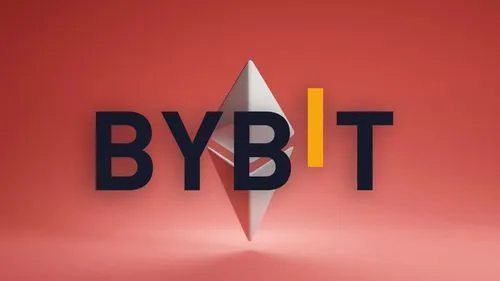If you’re a Coinbase (COIN) user, you now have a new way to leverage your bitcoin (BTCUSD) holdings—as collateral for a loan. The cryptocurrency exchange has unveiled a service that lets users borrow funds in stablecoin USD Coin (USDC) by pledging their bitcoin holdings.
“You can also convert USDC to USD 1:1 for free to cover major expenses like buying a car or making a downpayment on your mortgage,” Coinbase explained in its announcement.
While the service is seamlessly integrated into the Coinbase app, the loans are serviced through Morpho, a decentralized finance (DeFi) platform running on the Coinbase-developed Base blockchain.
How Does Borrowing Against Bitcoin Work on Coinbase?
This new offering allows Coinbase users in the U.S. (excluding residents of New York state) to use their bitcoin as collateral to borrow up to $100,000 in USDC directly through the app. Here’s how it works:
- No Credit Checks: Unlike traditional loans, eligibility is determined by the amount of bitcoin you can offer as collateral rather than your credit score or financial history.
- Flexible Repayment: There are no fixed monthly payments or due dates. Borrowers can repay the loan partially or in full at their convenience.
- Interest Rates: The interest rate is determined by market conditions and displayed upfront during the transaction process.
When you opt for a loan, your bitcoin is converted into a Coinbase Wrapped BTC (cbBTC) token. This bitcoin-backed token is then deployed into a Morpho smart contract on the Base blockchain to facilitate the loan.
Should You Consider Borrowing Against Your Bitcoin?
Borrowing against bitcoin isn’t a new concept in the crypto space, and while it offers certain advantages, it also comes with its fair share of risks. Here’s a breakdown:
Benefits:
- Liquidity Without Selling Bitcoin: Borrowing allows you to access funds without having to sell your bitcoin. This can be especially advantageous for long-term holders who want to avoid triggering taxable events or missing out on potential future price gains.
Risks:
- Collateral Liquidation: The loan’s health is tied to its loan-to-value (LTV) ratio. For example, if you borrow $500 against $1,000 worth of bitcoin, your LTV is 50%. If the LTV exceeds 86% due to falling bitcoin prices or accrued interest, Coinbase will liquidate your collateral to repay the loan and charge a penalty fee. Borrowers will receive “liquidation warnings” to help mitigate this risk.
- Tax Implications: Although borrowing avoids the immediate tax hit of selling bitcoin, converting bitcoin to cbBTC might be considered a taxable event. Tax treatment remains a gray area and should be carefully evaluated.
- Smart Contract Risks: Using a DeFi platform like Morpho offers transparency but introduces vulnerabilities, such as potential bugs or hacks in the smart contract.
- Crypto Lending Market Risks: The crypto lending sector has faced challenges, as evidenced by the 2022 collapses of BlockFi and Genesis. While Coinbase’s use of DeFi infrastructure may offer safeguards, it’s essential to weigh these risks carefully.
Final Thoughts
Coinbase’s bitcoin-backed loan service represents another step toward making crypto more versatile as a financial tool. For users looking to access liquidity without selling their holdings, this service provides a compelling option. However, it’s crucial to fully understand the associated risks, including collateral liquidation, market volatility, and potential tax implications.
If you’re considering borrowing against your bitcoin, ensure you do your due diligence and weigh the pros and cons carefully. This emerging service could be a valuable financial tool, but like all things crypto, it’s not without risks.
Read more on The Latest Bitcoin Price
Read more on Coinbase





Leave a Reply